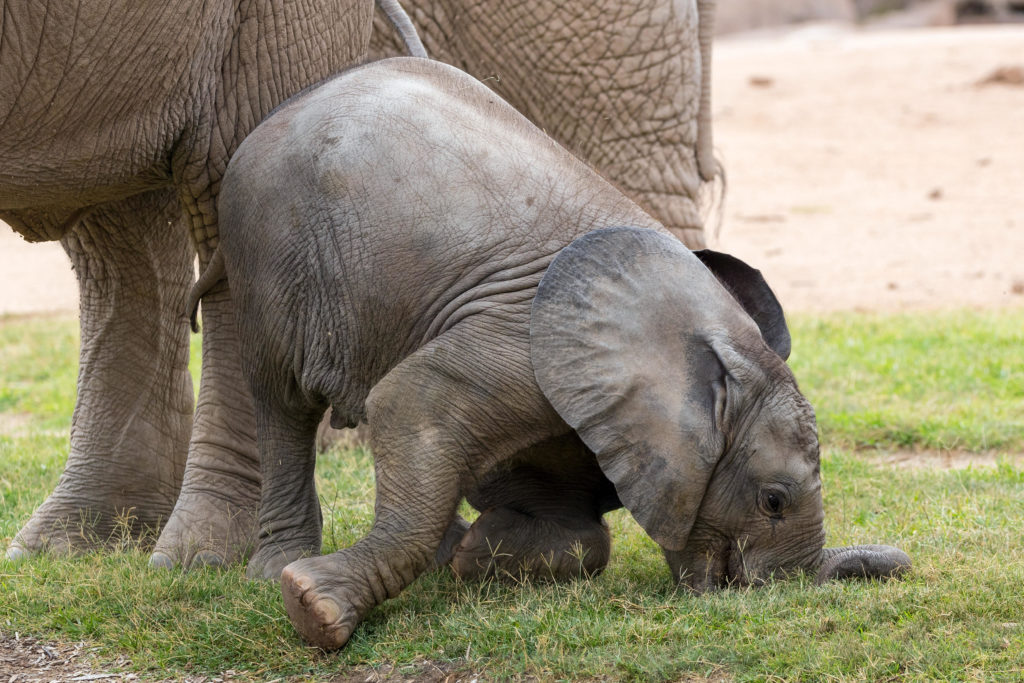In an incident that has left wildlife enthusiasts and conservationists deeply saddened, the lifeless body of a baby elephant was discovered along the Assam-Meghalaya border. The discovery, made by forest officials during a routine patrol, has raised concerns about the ongoing challenges faced by these majestic creatures in their natural habitat.
The baby elephant, estimated to be only a few months old, was found near a dense forest area, prompting an immediate investigation into the cause of its untimely demise. Preliminary examinations indicate no signs of external injuries, leading experts to believe that the cause of death may be linked to natural factors or an underlying health condition.
Forest officials, along with veterinarians, conducted a thorough examination of the baby elephant’s body to gather crucial information about its health and potential causes of death. Samples have been collected for further analysis, including toxicology tests, to rule out poisoning or contamination as contributing factors.
The incident underscores the myriad challenges faced by elephants in the wild, including habitat fragmentation, human-wildlife conflict, and the constant threat of poaching. The Assam-Meghalaya border region, known for its rich biodiversity, is home to a significant population of elephants that traverse these areas in search of food and shelter.
More About It
Conservationists emphasize the need for continued efforts to mitigate human-wildlife conflict and protect the natural habitats that are crucial for the survival of these majestic creatures. Also, development encroaches upon traditional elephant territories, conflicts between humans and elephants escalate, leading to tragic outcomes for both species.
Wildlife authorities in the region are collaborating to enhance surveillance and protection measures to safeguard elephant populations. Additionally, community awareness programs are being intensified to educate locals about coexisting harmoniously with wildlife and adopting practices that minimize conflicts.
The loss of a baby elephant serves as a poignant reminder of the urgent need for conservation initiatives and the collective responsibility to preserve the delicate balance between humans and wildlife. It highlights the importance of maintaining undisturbed corridors for elephants to move freely and ensuring their safety within their natural habitats.
While the exact circumstances surrounding the baby elephant’s death remain under investigation, the incident serves as a call to action for renewed commitment to wildlife conservation. It is a collective responsibility to protect these magnificent creatures and the ecosystems they inhabit, fostering a harmonious coexistence that ensures the survival and well-being of both wildlife and local communities.

